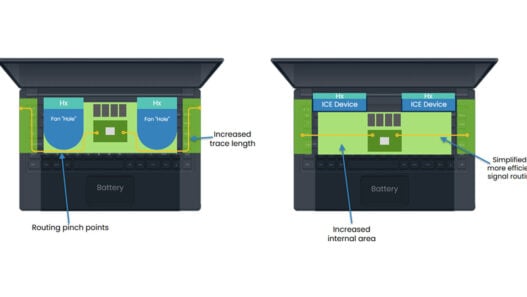The study, called “Elucidating the molecular mechanisms underlying Pitt-Hopkins syndrome through the generation of 3D printed vascularised cortical organoids”, investigates the molecular causes of the onset and development of Pitt-Hopkins syndrome, a disease that affects the neural system, by creating an in vitro model of the human cerebral cortex with 3D bioprints of vascularized neural organoids (organ reproductions).
By using the most innovative 3D printing technologies to precisely control the architecture of these systems, an attempt can be made to reproduce the structural complexity of the cerebral cortex. The objective is to integrate the neural circuits with their intricate support system (vascularisation). This is a crucial aspect of the study, as it would allow to collect important biological data in a longer timeframe compared to the models available today.
Mattia Sponchioni of Politecnico di Milano said: “Our final objective is to lay the foundations to understand the various diseases that affect neural development in order to favour the identification of therapeutic strategies. This has been unthinkable to date. It is obviously a very ambitious and highly interdisciplinary project, but the engineering know-how, materials science, microfluidics, neurobiology and development biology, which the Politecnico and Humanitas team brings together makes us hopeful concerning the progress we shall contribute to achieve”.
Researcher Monica Tambalo, post-doctoral fellow at Dr. Simona Lodato’s Humanitas Neurodevelopment Laboratory said: “Thanks to this powerful synergy we hope to obtain “bio-printed organoids” featuring a primitive vascularisation system into which we can implement complex geometries that are increasingly suitable to study organs/tissues in the framework of research on diseases, such as those of the nervous system”.
The convergence of new technologies supporting medical research opens new frontiers, which can be explored by combining technologies and medicine not only as part of university training (as witnessed by the MEDTEC project of Politecnico di Milano and Humanitas University) but also to favour research and development of new frontiers of knowledge.
The study is coordinated by researcher Mattia Sponchioni of Politecnico di Milano in partnership with Dr. Monica Tambalo of Humanitas. The partnership between the two Milanese universities will witness Politecnico di Milano investigating new strategies and innovative materials for 3D bioprinting of vascularized tissues, involving Prof. Bianca Maria Colosimo from the Department of Mechanical Engineering, and of Prof. Davide Moscatelli from the “Giulio Natta” Department of Chemistry, Materials and Chemical Engineering. Research activities on cerebral organoids for the study of neurodevelopment diseases, and the applications of microfluidics to 3D cell cultures will be coordinated, respectively, by Dr. Simona Lodato and Prof. Roberto Rusconi from the Department of Biomedical Sciences of the Humanitas University.
This prestigious project funded by the Cariplo Foundation is one of over 2,300 supported in the last 30 years on the research front. The Foundation, in fact, from 1991 to date has allocated over €540m to support initiatives for biomedical research and personal well-being, new technologies, sustainability, agrifood and the circular economy, social research and evidence-based, open innovation and the enhancement of talents.








